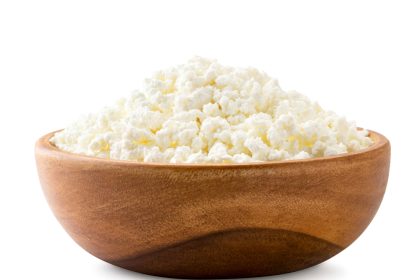 HIV and infectious disease occurs at pandemic levels in ethnic minority communities, especially th African American community. Over the past decade, data supports that approximately one-third of AIDS cases and one-half of new hepatitis C cases correlate with intravenous drug use and that this practice is responsible for almost a fifth of all new HIV cases in America.
HIV and infectious disease occurs at pandemic levels in ethnic minority communities, especially th African American community. Over the past decade, data supports that approximately one-third of AIDS cases and one-half of new hepatitis C cases correlate with intravenous drug use and that this practice is responsible for almost a fifth of all new HIV cases in America.
According to the Centers for Disease Control and Prevention, African Americans shoulder the largest burden of HIV in the United States accounting for almost half, or 46 percent of people living with a diagnosis of HIV infection. Thus, identifying the determinants of intravenous drug use among black adults is important for matters of public health concern. Between 2004 and 2007, more than 58 percent of IV drug users with a new diagnosis of HIV infection were African Americans, with 74.8 percent living in urban areas at the time of diagnosis. Some data paints an even bleaker portrait noting that more than 90 percent of heterosexually transmitted HIV is related to IV drug use and the sharing of dirty needles.
Needle exchange programs provide injection drug users with clean needles, safe disposal of used needles, and other health and educational services, as implemented in countries around the world. As of 2008, at least 77 countries have introduced needle or syringe exchange programs, including Thailand, the Netherlands and New Zealand. However, this practice is held in disdain in the United States.
Those that oppose needle exchange often cite moral arguments against the practice, including that funding needle exchange sends the “wrong message” to children or that it would lead to increased IV drug use among at-risk populations. Unfortunately, many African Americans are misinformed about the link between infectious disease and IV drug use, and tend to support moral arguments over public health benefits.
It is good to know that many African Americans in positions of leadership have changed their beliefs over the years. Both the NAACP and the National Urban League have urged Congress to repeal a more than 20-year-old ban on federal funding for needle exchange programs. During his presidential campaign, Barack Obama promised he would move to repeal the ban if elected.
–torrance stephens, ph.d.










